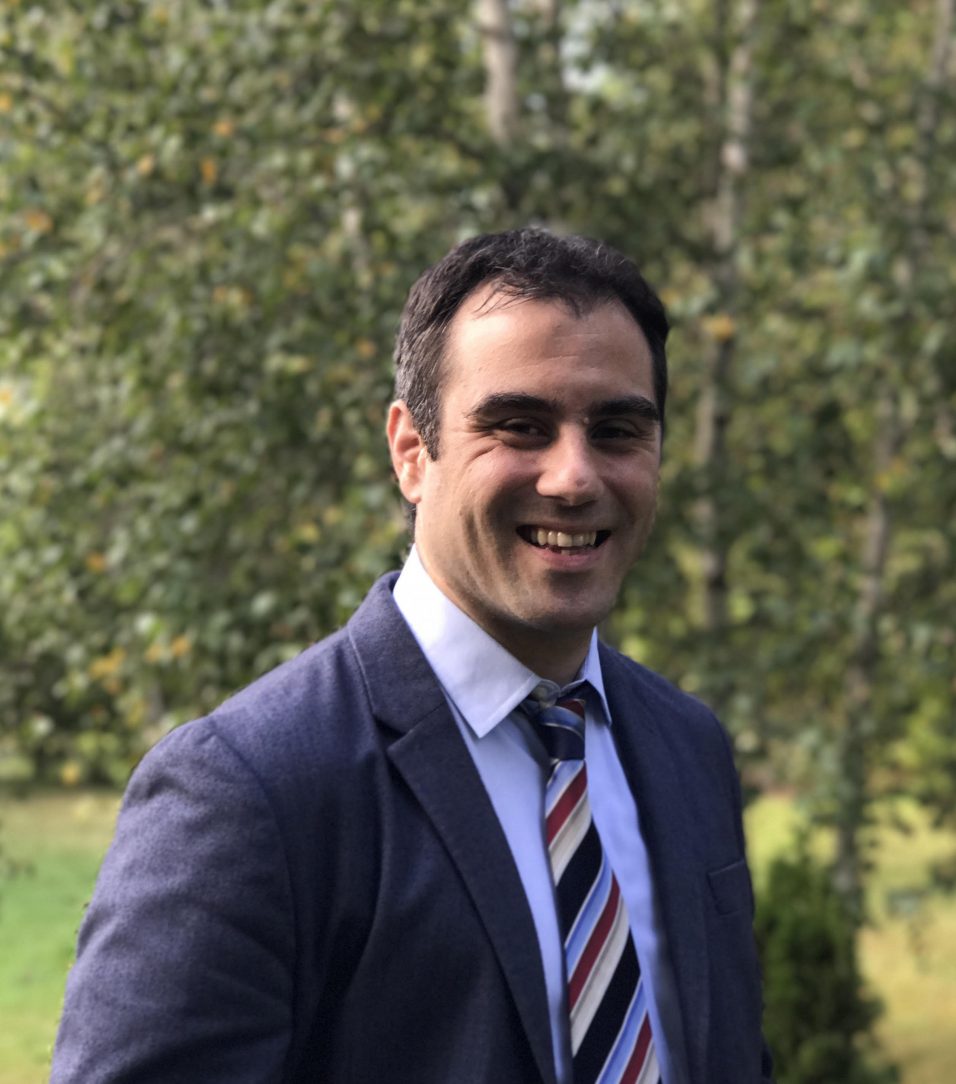Faculty Q & A: Burc Kayahan
By Omar Bhimji
Omar Bhimji (OB): In terms of research, what are you working on right now?
Burc Kayahan (BK): I’m an applied econometrician, which means my research focuses on empirical issues in economics. Since I started at Acadia I’ve been pursuing two broad research agendas.
The first one is about tourism economics, and the first project I did related to that – in partnership with Dr. Brian VanBlarcom – was about UNESCO world heritage site designations and the expected economic benefits, measured in terms of visitation and tourism-related income generation, they would produce. My interest in cruise-ships came later, when a colleague proposed that a group of economists in the region get together to work on a topic that affects all four provinces in Atlantic Canada. Using the information on visitor expenditures gathered through surveys of cruise-ship passengers at all four major ports, we’ve been able to estimate the economic impact of cruise tourism in Atlantic Canada.
OB: What’s the other one?
BK: My second area of research interest is about environmental justice in Canada. There is a very long and enduring literature about the distribution of pollution and socio-demographic factors – age, gender, ethnicity, education level, income, etc – in the United States. Research has consistently found that low-income and minority households experience a disproportionate exposure to pollution, as compared to other more affluent groups. More recently, the literature has developed and expanded its initial focus to explore other important questions, such as why this inequity exists.
My co-author and I started looking at this issue in Ontario specifically. Our question is whether there is environmental inequity in Ontario and, if so, what causes it. Are polluting firms targeting low-income neighbourhoods? Or are they locating wherever they can, with the results that people who have the resources to relocate somewhere else do so, and lower-income people come in, attracted by jobs, lower rents, and so on? It’s a chicken-or-the-egg question, and understanding what is happening, and why, changes the type of policy response that can effectively address the environmental inequity that exists.
OB: What motivates you to do this research?
BK: I’m going to give a more general answer: I believe the role of universities in rural areas, especially in small, economically-constrained provinces, is extremely important. In the Maritimes, most of the provinces are small, and provincial government staff are already heavily burdened with the work of answering the primary research questions – about the budget, how the province’s resources will be affected by the current economic climate, and so forth – which leaves a lot of other important research questions unanswered. I think we carry a responsibility to the region in which we live to help answer important questions using academic methods and expertise.
OB: Outside of your work at Acadia, what are you doing for fun these days?
BK: I’m a huge fan of board games. We’re in a golden age right now because there are games about almost anything: you can manage an art gallery, walk in the shoes of a 19th-century farmer in Scotland, or even terraform Mars! I own a lot of board games and regularly attend the Tabletop Games Day at the recreation centre in Kentville, where you can go on a Saturday and play games from noon to 8pm every couple of months.
Photo credit: Merve Kayahan
